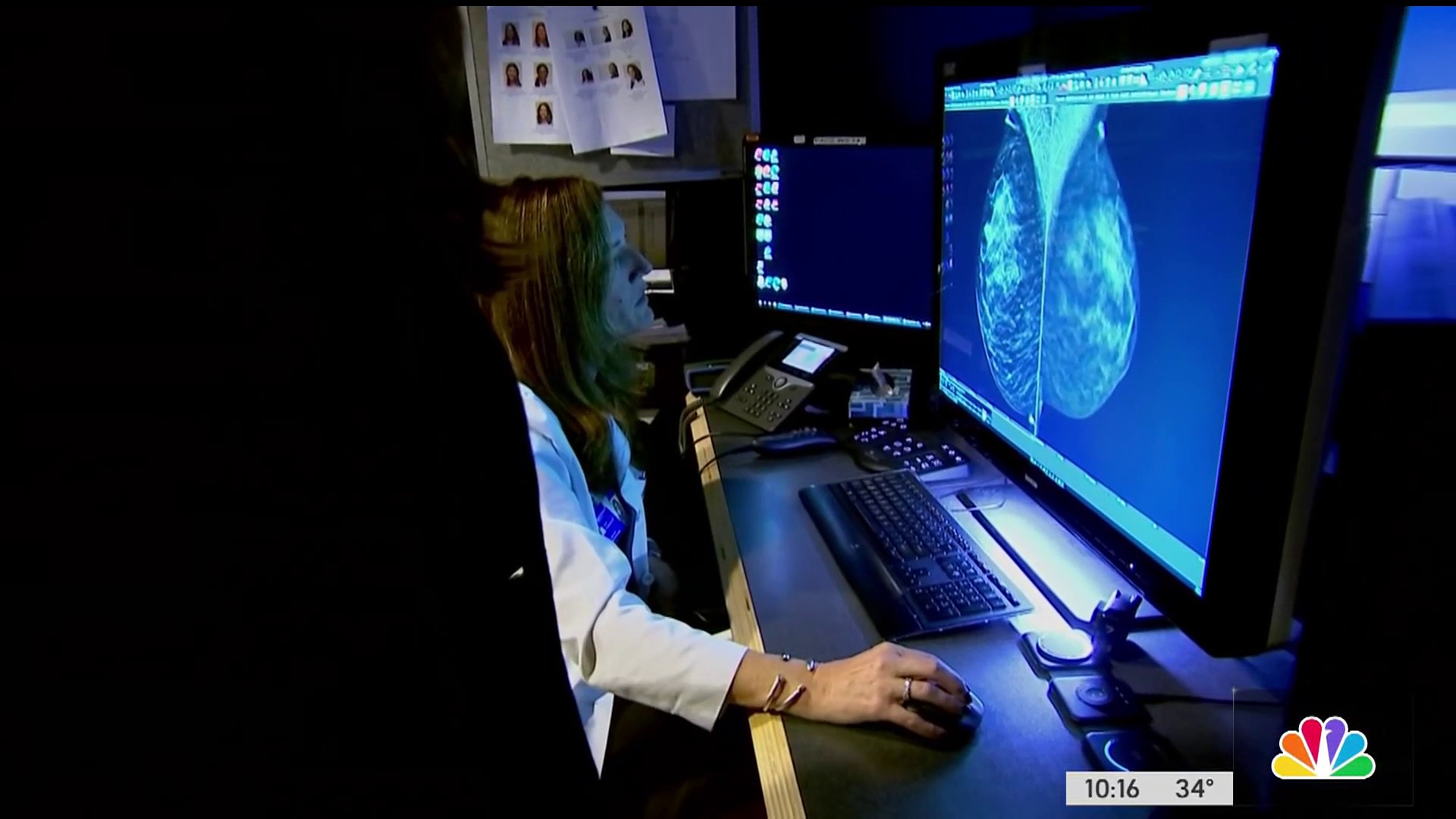Artificial intelligence is more pervasive in healthcare than you may realize. It could even be a part of your next colonoscopy, a procedure to screen for colorectal cancer.
Dr. Joe Frasca, a gastroenterologist, and his team at RUSH University Medical Center now have additional support in their brand new endoscopy suites, in the form of a computer system called “GI Genius.”
“It's actually evaluating the very same image that we're seeing on the screen. And it's been programmed in a way where it can actually detect polyps that we are also looking for,” Frasca said.
Powered by artificial intelligence, the computer system flashes a green box on the monitor when it detects something the surgeon should look at closely.
“I see it as an additional tool for us to make sure that we're not missing something,” Frasca said, saying he sees few drawbacks, if any, to the AI aide. “The technology is only seeing what you're seeing. So you still need to do a good job. You still need to be, you know, the eyes on the screen, but it's there to help you."
The “GI Genius” in an endoscopy suite is one practical AI application, but algorithms dictate much more in medicine.
Global data platform, Statista, valued the artificial intelligence healthcare market at $11 billion in 2021 and estimated it to be worth $187 billion in the year 2030.
You and AI
“Artificial intelligence, it can be a great friend, but it also can be something that can harm us,” said Dr. Marshall Chin, Richard Parrillo Family Professor of Healthcare Ethics in the Department of Medicine at the University of Chicago.
Chin is an expert in healthcare ethics, and says one danger with AI is the risk of exacerbating racial disparities that already exist in medicine.
Feeling out of the loop? We'll catch you up on the Chicago news you need to know. Sign up for the weekly Chicago Catch-Up newsletter.
Chin refers to a hallmark study, done several years ago, that found a flawed formula prevented Black people from getting additional services offered by some hospitals.
“One of the major algorithms that commercial companies use was biased. And so that, again, if you're African American, you had to be sicker to qualify for the case management program than if you were white person,” Chin said.
That’s why Chin is pushing for transparency.
“So we know how these algorithms were developed. Were the data biased or not? Are the algorithms biased or not?” Chin said.
When it comes to oversight, Chin admits that’s one of the challenges right now.
“It's like the wild west where there aren't clear standards,” Chin said. “We need to have all the partners to get together, private industry, the government, patients, communities need to be a table in a big way. Health professionals, the people who make these algorithms, so whole variety of folks need to be the table come up with the best solutions.”
In the meantime, Chin urges everyone to ask questions about their care, including if AI is part of the provider’s decision-making process.
“If it doesn't make sense to you, you don't understand it, you need to speak up,” Chin said.



